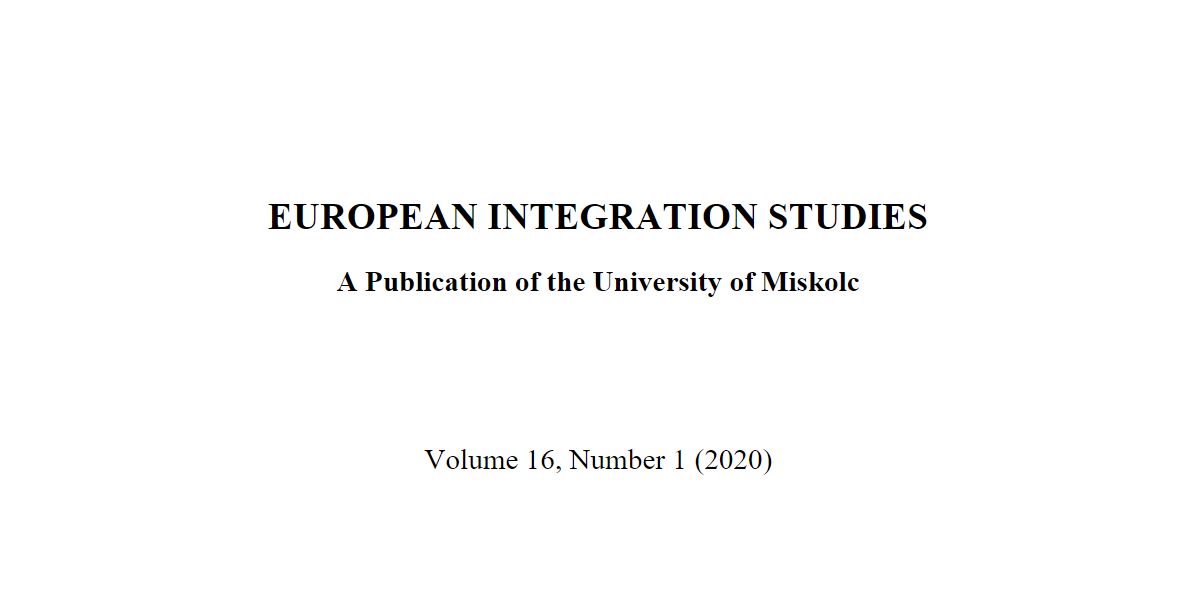THOUGHTS ABOUT THE CONNECTION BETWEEN DEMOGRAPHY AND THE FINANCES OF THE PENSION SYSTEM
Schlagworte:
hungarian pension system, demographical aspects, financial aspectsAbstract
The aging process has many economic consequences, both for society as a whole and for the lives of individuals. However, the largest macroeconomically important institution affected by this process is the pension system. In debates about its reform, it is often said that this system should stimulate economic growth, help the expansion of capital markets. In contrast, its real purpose and task is to create a livelihood security for old age based on the income of the working life stage. This article will look at the impact of demographic change, in other words, aging, on the pension system and its finances. The demographic "aging" of the population, i.e. the increase in the proportion of older age groups, stems from two factors: the increase in life expectancy and the change in the number of births. The former is a welcome, continuous and, to our current knowledge, irreversible trend. However, the latter is a cyclical process determined not only by current, relatively low fertility. On the contrary, the extremely populous vintages born in the early 1950s (their members are called the Ratkó child in our country, the baby boomer in the rest of the world) and their large number of children, also born in the late 1970s, will cause significant fluctuations in the age composition of the population for decades to come. The fluctuation will put strong pressure on pension systems first this year, in 2020, and then for the second time around 2050, when these populations reach the threshold of retirement age.





